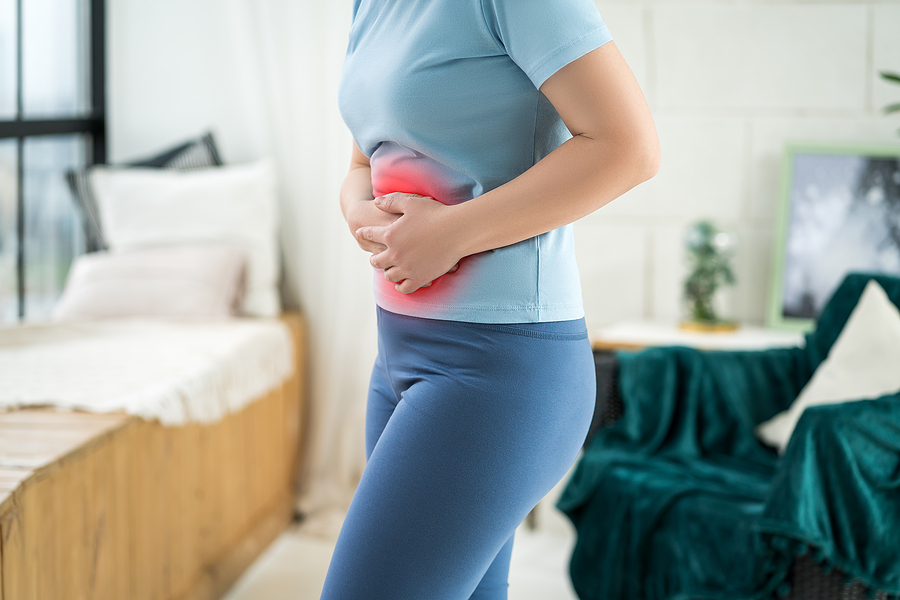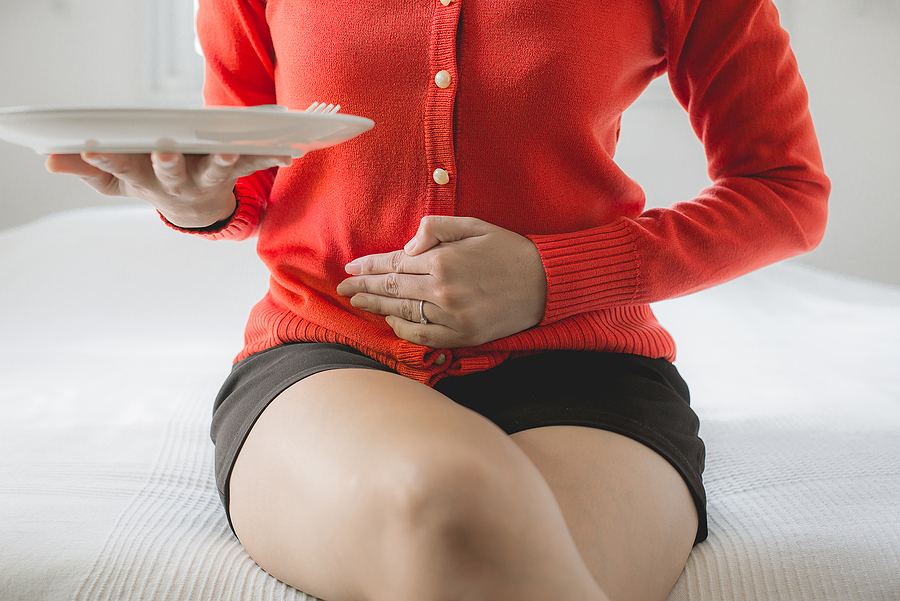- What causes PMS symptoms?
- Lifestyle factors contribute to PMS
- Simple changes to feel better
No matter if you are suffering from one particularly painful PMS symptom or 100 PMS symptoms, I want you to know that you have the ability to modify how you’re feeling. Over the years we’ve seen the majority of women affected by PMS symptoms – symptoms that can be reduced and over time, even stopped – simply by addressing the root cause – hormonal imbalance.
Did you know that researchers have found more than 200 possible premenstrual syndrome (PMS) symptoms? These include irritability, bloating, cramping, cravings, headaches, breast tenderness, and on and on. Do you sometimes feel that you have all these symptoms at once?
What Causes PMS Symptoms?
There are some hormonal changes every month that are perfectly normal, while other hormonal changes set off PMS symptoms that can range from mild to severe. The symptoms can range from mildly annoying to debilitating.
Estrogen and progesterone – these are two of our primary sex hormones that fluctuate during a 28-day menstrual cycle. As you can imagine, it is easy for our hormones, which usually have a natural rhythm, to be altered and disrupted by a variety of factors. If your estrogen and progesterone hormones get out of balance, then you can experience symptoms.
Lifestyle Factors Contribute to Hormonal Imbalance and PMS Symptoms
Some of the main lifestyle factors that affect your hormones are the kinds of food that you eat, the nutrients that you receive (from food and vitamins), and the stress levels that you face every day. These can influence hormone balances and lead to PMS symptoms that are more frequent and more severe.
Do you have unstable blood sugar?
If your blood sugar is unstable, you might
- Feel shaky, dizzy, or lightheaded
- Experience swings of emotion
- Get agitated
- Have uncontrollable sugar cravings (before your period or throughout the whole month)
- Feel like you must eat at this very moment or else
If you feel like you’re on an emotional roller coaster ride with PMS, it could be because of wide fluctuations in your blood sugar levels that are causing the imbalance in your hormones.
Some women are very sensitive to symptoms-causing fluctuations in blood sugar during their premenstrual period. But you can reduce your blood sugar highs and lows by reducing the amount of sugar and refined carbohydrates in your diets. Having an overall healthy diet will also give you more energy so you feel better.
Do you have a high-stress lifestyle?
If you have a high-stress lifestyle, you might
- Have poor responses to things that happen that are stressful
- Feel on-edge, overwhelmed, or out of control
- Experience anxiety or depression
In a recent study, if women thought that their stress levels were high during the early weeks of two consecutive monthly cycles, then their chances of having PMS symptoms rose—up to 25 times higher! This is because of a stress hormone, called cortisol, that can affect the balance of your sex hormones greatly. Because cortisol is connected to the endocrine feedback loop in your brain, it can disrupt the way your ovaries make hormones. And therefore, more stress often equals more premenstrual symptoms.
Do you need a nutrient boost?
If you lack the essential nutrients you need, you might
- Sleep poorly
- Be irritable
- Get tired and fatigued
- Have muscle cramps
- Experience aches and pains
- Crave chocolate
Women who experience PMS symptoms are usually not getting enough calcium, magnesium, vitamin K, B vitamins (especially B6), and vitamin E, and other micro-nutrients. Without a daily supply of these essential items, your body demands urgent attention by intensifying your PMS symptoms. It is common for PMS symptoms of all kinds to escalate for women in their 40s, particularly if they haven’t been getting sufficient vitamins, minerals, and other nutrients for years – it can be a cumulative effect. What is also well documented is that those that have increased PMS also have a harder time in perimenopause.
Changing the Factors that Contribute to PMS
If your answer to any of the three questions above was “yes”, I encourage you to see what simple changes you can make today to reduce your hormonal imbalance and PMS symptoms. For more information, click here to take our PMS Quiz to assess where you are and how you can become healthier and enjoy a lifestyle that has fewer monthly emotional swings.







